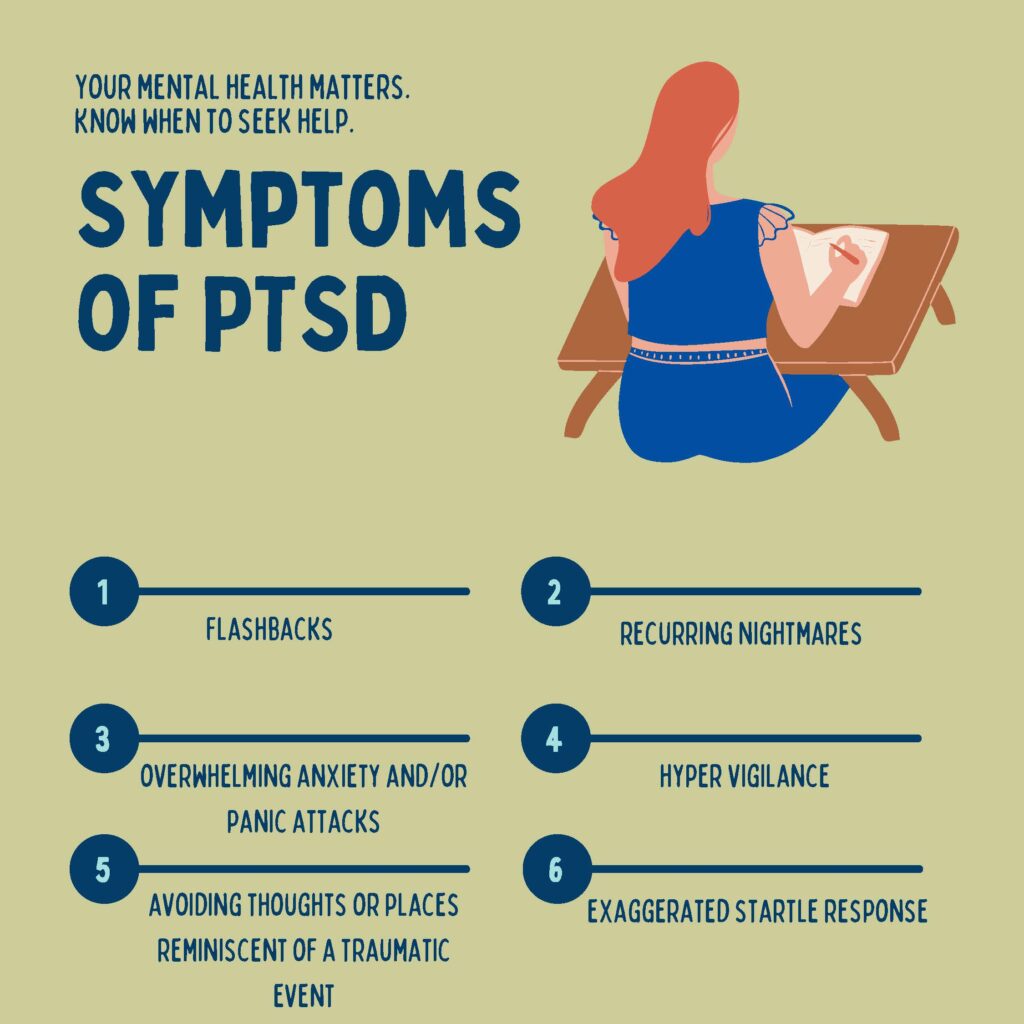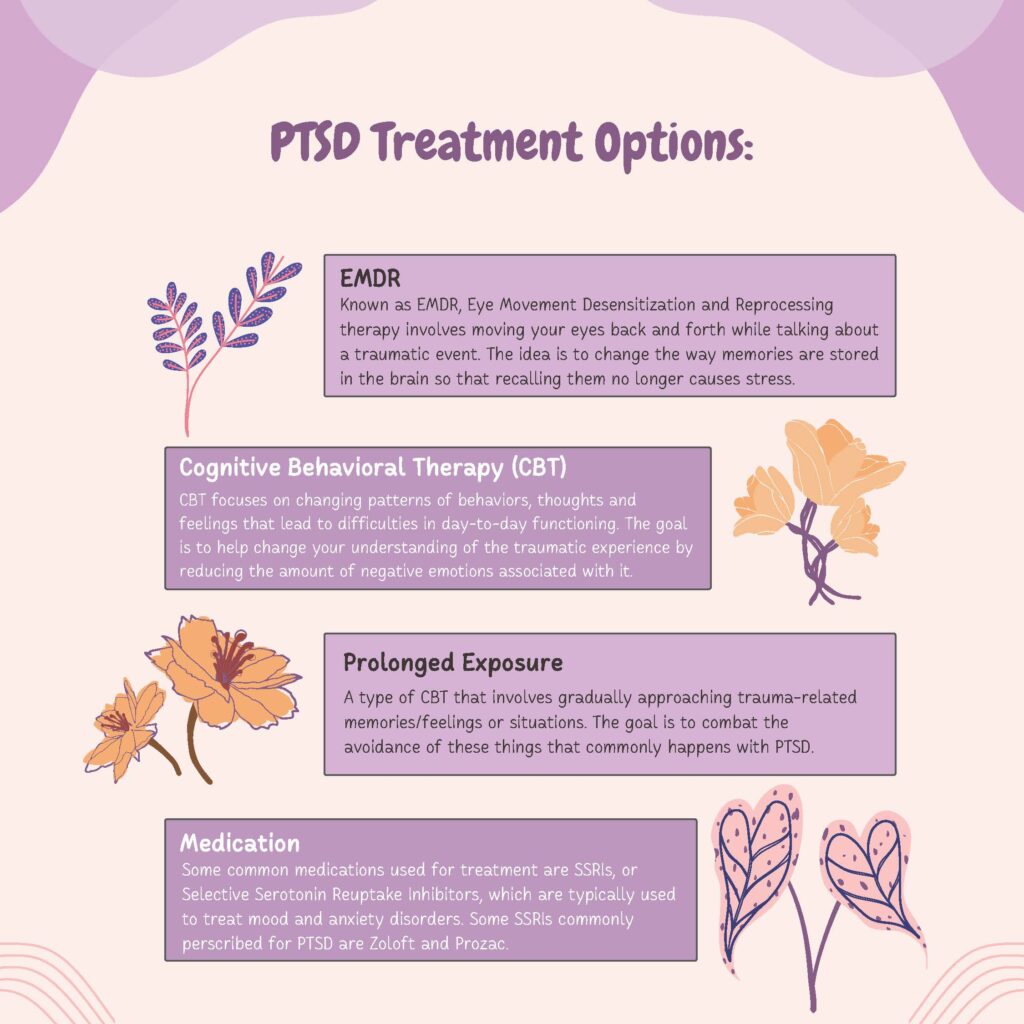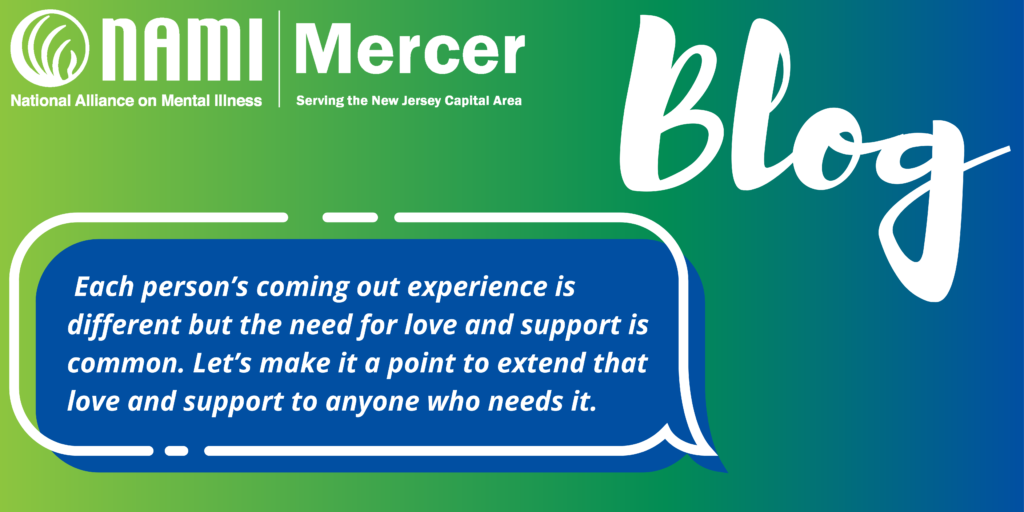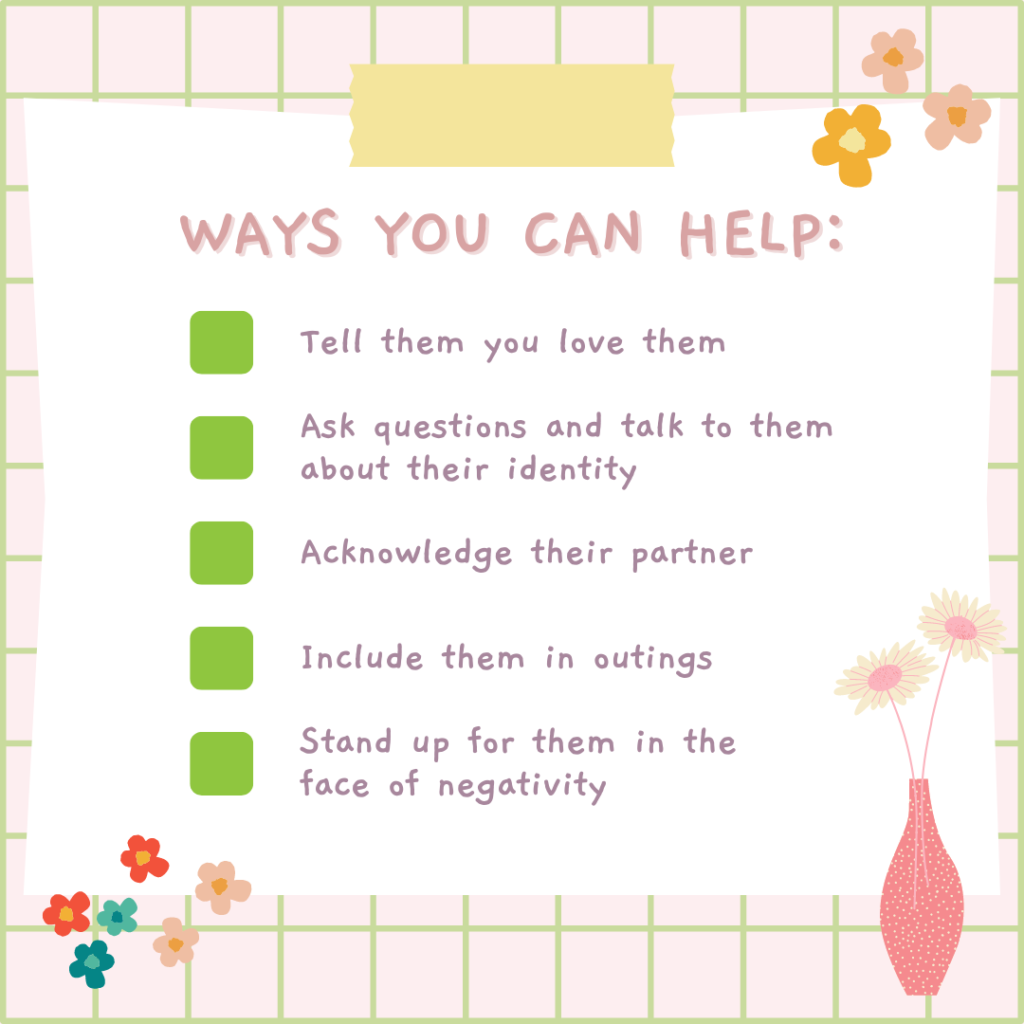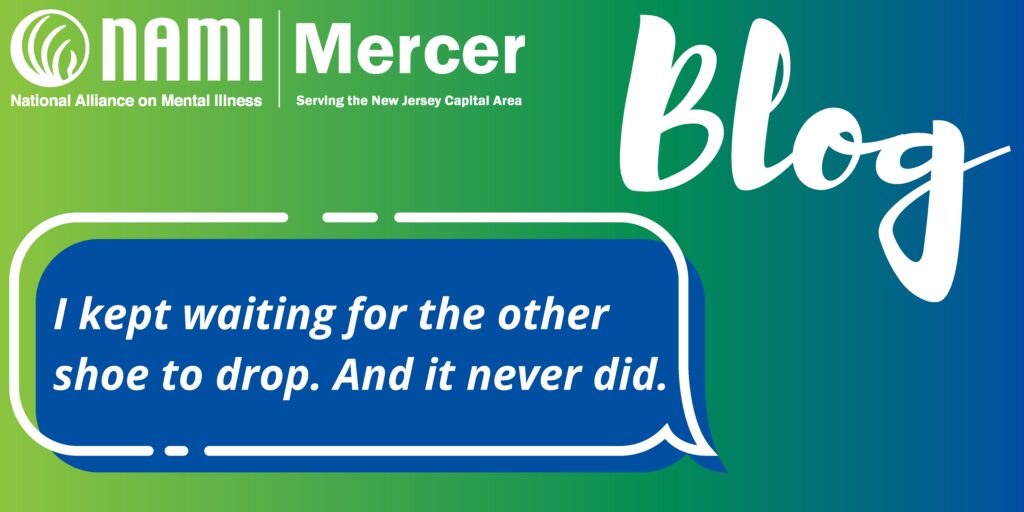Our childhood memories, both good and bad, may fade over time as we grow into adults. We meet new people, see new places, and even uncover new passions. We figure out not only what we aspire to do, but also who we aspire to be. However, even as fully-grown adults, we cannot fully detach ourselves from our childhood. As we explore new avenues and steer ourselves in different directions, we never really lose sight of the road that brought us to where we are. Taken together, those experiences we face as children shape who we become.
Unfortunately, many children grow up in environments that are not conducive to a healthy and happy upbringing. Adverse childhood experiences (ACEs) are traumatic events that may result in negative health outcomes as one grows into an adult. ACEs are rather common; according to the CDC-Kaiser ACE study, 64% of people have experienced at least one ACE and 12.5% have experienced at least four.
ACEs often negatively affect health and well-being. Given that those with multiple ACEs often grew up in stressful environments, they are more likely to resort to harmful coping strategies, such as smoking or drinking, as adults. In turn, these harmful behaviors put them at a greater risk for developing diseases (e.g., cancer, cardiovascular disease, etc.). One Welsh study found that adults with at least four ACEs were twice as likely to be diagnosed with a chronic disease before they reach 69 years.

How can we promote health and prevent ACEs? Experts agree that implementing policies to support families is one of the best strategies. By giving communities the resources they need to prosper (e.g., high quality education, better health care, etc.), we can promote healthy environments, and thus, promote health and well-being among communities.
Interested in learning more about adverse childhood experiences? Attend our event, Understanding ACEs: Building Self-Healing Communities, on Thursday, November 3, 2022 from 6:30-8pm. The event will be held at the RWJ Wellness and Fitness Center (3100 Quakerbridge Road, Hamilton, NJ 08619). We hope to see you there!
References
Boullier, M., & Blair, M. (2018). Adverse childhood experiences. Pediatrics and Child Health,
28(3), 132–137. https://doi.org/10.1016/j.paed.2017.12.008
ACEs, R. R. (2014, July). Adverse childhood experiences. In ACEs (Vol. 12, p. 18).
